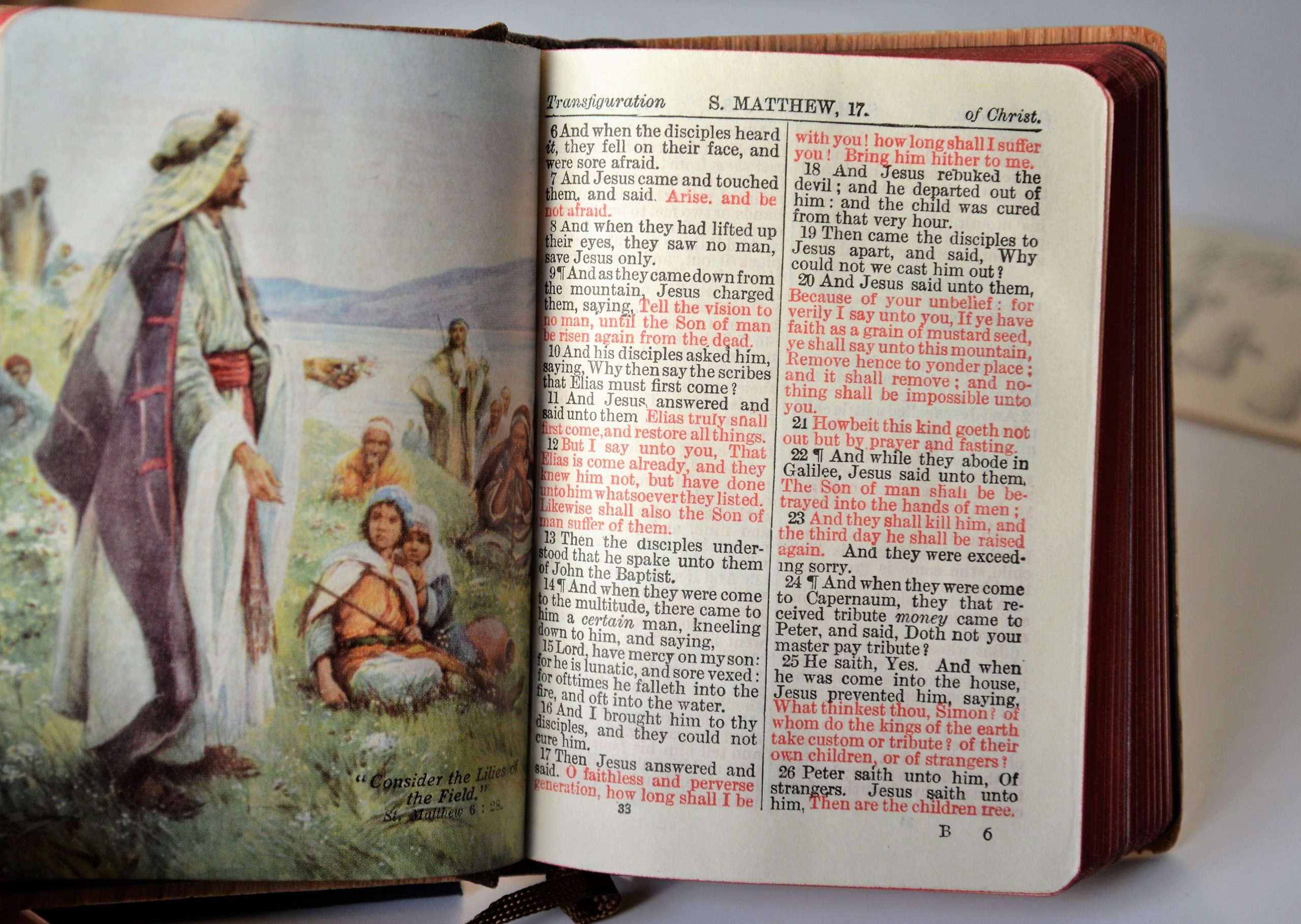Top 6 Books For Getting Started In Apologetics
I wanted to share a list of books that are perfect for someone who is getting started in apologetics. These books are easy to follow even though the topics are complex. This is, in part, due to the writing style of the authors. This list includes a former cold-case homicide detective, an award-winning journalist, and even a well-known children’s author.
This list is by no means extensive. I wanted to give you a great starting point and leave you with a strong foundation on a number of topics.
Cold-Case Christianity: A Homicide Detective Investigates the Claims of the Gospels by J. Warner Wallace
As a former Cold Case Homicide detective in Los Angeles, J. Warner Wallace brings a fresh perspective to analyzing the Gospels and their truth claims. J. Warner started as an atheist. As a cold case detective, he deals primarily with witness statements. When he read through the Gospels, it occurred to him that they present themselves just like the eyewitness testimonies that he deals with in his job. Using a toolkit he has developed over the course of his career, he examines the texts and asks the same things of them that he does for his witness statements. Things like were the witnesses reliable, could they have been present, and what their motivations might have been for what they wrote.
The Case For Christ by Lee Strobel
Any of Strobel’s works are great for beginners because his style is extremely easy to read. Strobel was once an award-winning journalist for the Chicago Tribune. He also started out an atheist. In The Case For Christ, Strobel investigates the claims of the Gospels just like a journalist would. He uses a highly skeptical mindset and interviews leading authorities on the subjects of archaeology, Biblical authorship, Jesus’ psychological profile, and evidence for the Resurrection. The result is this book – and his conversion to Christianity. A movie revolving around the book and parts of Lee’s life was recently released to glowing reviews as well.
I Don’t Have Enough Faith To Be An Atheist by Norman Geisler and Frank Turek
Out of all the books on the list, none covers the breadth of topics that I Don’t Have Enough Faith To Be An Atheist does. Geisler and Turek construct a well thought out case for Christianity that touches on several different topics and it’s all easy to follow. This book will give you a great foundation to understand a number of objections and the evidence needed to support the claims of Christianity.
Mere Christianity by CS Lewis
Much like I Don’t Have Enough Faith To Be An Atheist, Lewis attempts to build Christian thinking from the ground up. This book is great for believer and non-believer alike. By “Mere Christianity”, Lewis focuses on the things that almost all Christians agree on and leaves out the in-house discussion on specific issues that differentiate the denominations. Lewis’ use of metaphors throughout the work really drives home the points he makes, and makes this one really easy to follow. This one is a book everyone wanting to know what Christianity is about should read.
Tactics: A Game Plan for Discussing Your Christian Convictions by Greg Koukl
Talking to people about what we believe can be hard, IN this book, Greg teaches us how to handle discussions in every day settings and think critically about objections that get offered. He also shows us how to handle them in a non-offensive manner and act more like an ambassador for Christ instead of His hammer.
On Guard by William Lane Craig
When it comes to modern-day Christian thinkers, they don’t get much bigger or influential than William Lane Craig. On Guard is a more concise version of his major work, Reasonable Faith. That makes it a bit more accessible for laypersons just getting started. In On Guard, he lays the foundations for truth, reason, the Judeo-Christian God, and Christianity from a philosophical level. This one can be a bit dense if it’s your first book on Apologetics or Philosophy. But, once you’ve gotten your feet wet with some of the other books in this list, you’ll be ready for this one.
Where Should You Start?
So where should you start? If you are exploring Christianity, or have some things you are struggling with personally as a Christian, you can’t go wrong with any of the first four books. If you want to engage others in discussion or debate, please read Tactics before you do. When you arm yourself with the truth before you know how to discuss it, you may end up using it like a club and beating people with it. Tactics will help you hold meaningful, civil discussions when talking about these important issues.
Don’t have much time to read? Check out my list of great apologetics podcasts!
Share This Story, Choose Your Platform!
latest video
news via inbox
Nulla turp dis cursus. Integer liberos euismod pretium faucibua







